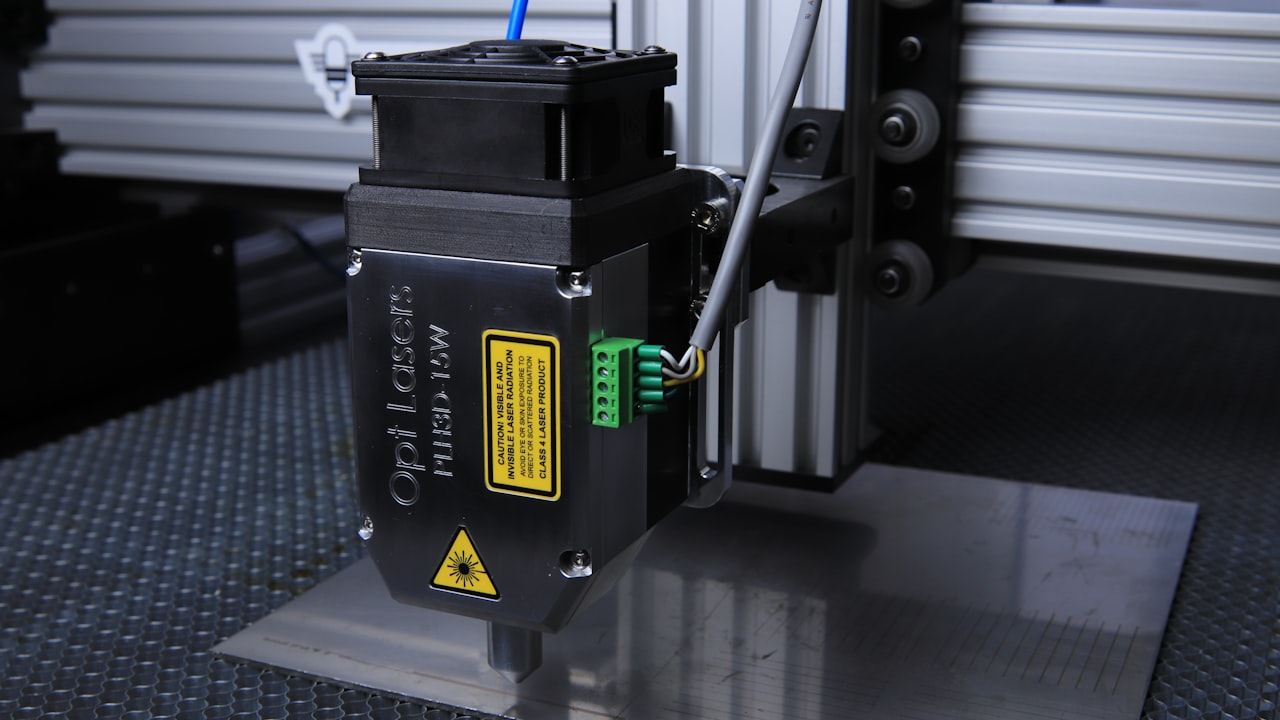 Title: Revolutionizing Pharmaceutical Manufacturing: The Impact of Pharmaceutical Machinery
Title: Revolutionizing Pharmaceutical Manufacturing: The Impact of Pharmaceutical Machinery
Pharmaceutical manufacturing has witnessed remarkable advancements with the introduction of innovative machinery, particularly table press machines and capsule filling machines. These cutting-edge technologies have transformed the production processes, improving efficiency and quality across the industry.
Table press machines, such as the TDP (Tablet Press Machine) and THDP (Tablet Hardness Testing Machine), play a pivotal role in pharmaceutical manufacturing. The TDP is a versatile equipment used to compress powdered ingredients into tablets of specific shapes and sizes. Its automated functions streamline the tablet production process, ensuring consistency and accuracy in every batch. On the other hand, the THDP is designed to measure the hardness of tablets, ensuring that they meet the required standards for dissolution and absorption in the body.
Capsule filling machines are another key component in pharmaceutical manufacturing. These machines automate the process of filling empty capsules with precise quantities of powdered or liquid medication. By eliminating manual filling, capsule filling machines enhance efficiency, reduce human error, and ensure uniform dosing in each capsule. The advanced technology integrated into modern capsule filling machines allows for high-speed production without compromising accuracy or product quality.
The impact of pharmaceutical machinery on manufacturing processes is undeniable. Not only do these machines increase production speed and efficiency, but they also enhance product quality and uniformity. By reducing the reliance on manual labor, pharmaceutical machinery minimizes the risk of contamination and human error, resulting in safer and more reliable medications for consumers.
Furthermore, pharmaceutical machinery plays a crucial role in ensuring compliance with regulatory standards. The precise control and monitoring capabilities of these machines enable pharmaceutical manufacturers to meet the strict quality requirements set by regulatory authorities. By maintaining consistency in tablet hardness, weight, and dosage, pharmaceutical machinery helps pharmaceutical companies adhere to Good Manufacturing Practices (GMP) and deliver high-quality products to the market.
In conclusion, the advent of advanced pharmaceutical machinery, such as table press machines and capsule filling machines, has revolutionized the pharmaceutical manufacturing industry. These technologies have not only improved production processes but also enhanced product quality, efficiency, and compliance with regulatory standards. As the demand for safe and effective medications continues to rise, pharmaceutical machinery will play an increasingly crucial role in meeting these growing needs and ensuring the continued advancement of the pharmaceutical industry.





